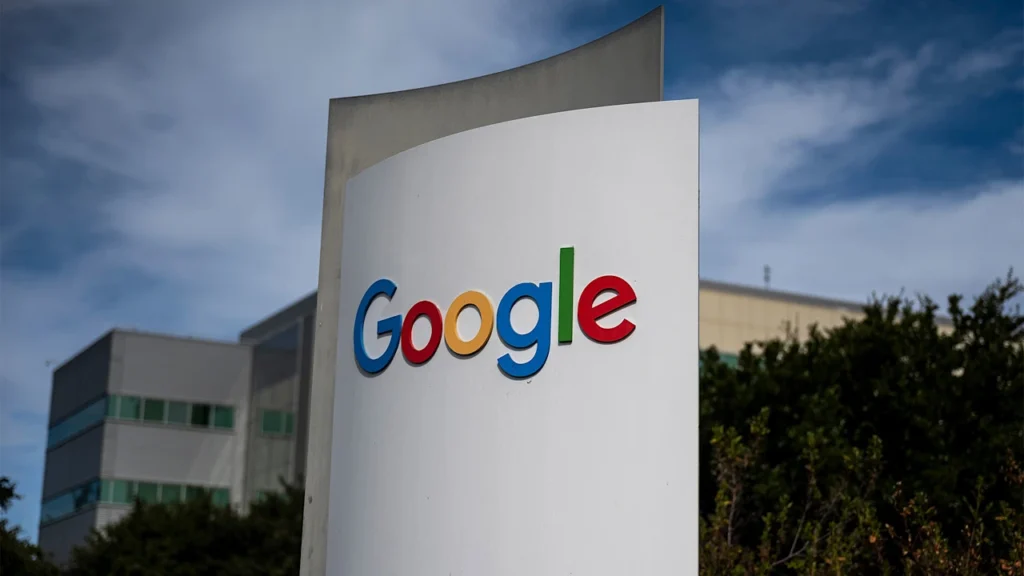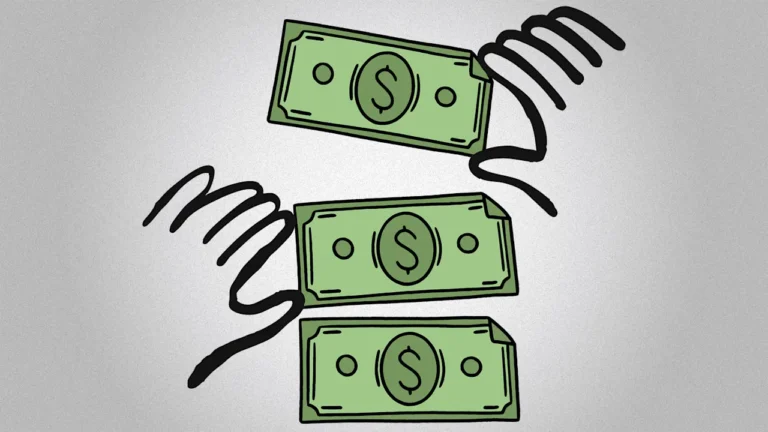
Last August, a federal judge issued a historic ruling against search giant Google: The company engaged in monopolistic behavior when it offered payment to be the default search engine on tech platforms owned by other companies.
Months later, the historic antitrust verdict led the Department of Justice (DOJ) to seek numerous possible remedies against Google, including limiting the company’s ability to enter into paid search deal agreements and selling off its Chrome browser.
But yesterday, the federal judge overseeing the case issued his remedies, which many—including those on Wall Street—see as a win for Google, as the company has been allowed to escape the harshest consequences.
As a result, shares in Google and Apple are up in premarket trading on Wednesday. Here’s what you need to know:
What’s happened?
Yesterday, the U.S. district judge presiding over the DOJ’s long-running antitrust case against Google issued remedies that the company would be liable for. And many industry watchers and legal experts say Google got off much better than it could have.
After the same judge, Amit Mehta, ruled last August that Google engaged in monopolistic behavior in several aspects of its search business, the U.S. Department of Justice proposed several possible remedies, including:
- Selling off its Chrome web browser
- Selling off its Android operating system
- Barring Google from entering into preferred search agreements with third parties
If Google were forced to sell off Chrome and Android, it would lose control over the software that billions of people across the globe use to interact with the internet, the company’s services, and its search tools.
This impact would also greatly harm Google’s search business, and any new owner of Android and Chrome likely wouldn’t keep Google as the default search engine of the software.
Barring Google from entering preferred search agreements would have also greatly affected the company’s advertising revenues, as that DOJ provision would have forbidden Google from paying third parties, such as Apple, to make Google the default search engine on other companies’ devices.
That remedial provision would have also significantly hurt the revenues of Samsung and Apple, with which Google has preferred search deals. The company reportedly pays Apple a staggering $20 billion a year to be the default search engine on the iPhone.
DOJ “overreached”
Yet none of these DOJ-proposed remedies will be levied against Google, Mehta revealed yesterday.
“Google will not be required to divest Chrome; nor will the court include a contingent divestiture of the Android operating system in the final judgment,” the decision stated, as noted by CNBC.
It went on to say that the DOJ “overreached in seeking forced divestiture of these key assets, which Google did not use to effect any illegal restraints.”
At the same time, Google didn’t get off scot-free.
Judge Mehta said that while the company can continue to make payments to pre-load its products on third-party devices and services, it is not allowed to enter into exclusive contracts that bar those third parties from offering other search options.
This means Google can continue to pay Apple billions to have its search featured on the iPhone.
Announcing this decision, the filing stated (via CNN), “Cutting off payments from Google almost certainly will impose substantial—in some cases, crippling—downstream harms to distribution partners, related markets, and consumers, which counsels against a broad payment ban.”
The judgment also requires Google to share search data with rivals.
How have Google, Apple, and the DOJ reacted?
Despite walking away relatively unscathed, Google has taken issue with the remedies that the judge did levy against it in a statement published to its blog.
“Now the Court has imposed limits on how we distribute Google services, and will require us to share Search data with rivals,” the statement read. “We have concerns about how these requirements will impact our users and their privacy, and we’re reviewing the decision closely. The Court did recognize that divesting Chrome and Android would have gone beyond the case’s focus on search distribution, and would have harmed consumers and our partners.”
The Department of Justice framed the ruling as a win, despite the agency not seeing its major proposed remedies adopted by the court.
In the statement on the ruling, the DOJ said that the court’s ruling “recognizes the need for remedies that will pry open the market for general search services, which has been frozen in place for over a decade.”
The agency also said that the ruling “recognizes the need to prevent Google from using the same anticompetitive tactics for its [generative artificial intelligence] products as it used to monopolize the search market, and the remedies will reach GenAI technologies and companies.”
Apple has not issued a public response to the ruling, though in late 2024, the company filed a motion to support Google in the antitrust case—a request Mehta ultimately denied. Fast Company reached out to Apple for comment.
How has Google stock reacted?
It’s not hard to guess how the stock price for Google’s parent company, Alphabet (Nasdaq: GOOG), reacted after the company avoided the harshest proposed consequences of the antitrust verdict.
GOOG shares are currently trading up above 5.6% in premarket trading as of this writing. Currently, GOOG’s stock price is $224 per share—a high for the year.
Before Alphabet’s share price jump after the ruling, GOOG shares were already up more than 11% for the year as of yesterday’s close. Over the past 12 months, GOOG shares have risen more than 28% as of yesterday’s close.
How has Apple stock reacted?
While Alphabet shares are seeing the most benefit from yesterday’s ruling this morning, Apple stock (Nasdaq: AAPL) is also benefiting.
As of the time of this writing, in premarket trading, AAPl shares are currently up over 4% to $239. That’s the highest price they have seen since March, before they got pummeled by Trump’s tariff orders.
Before this morning’s 4% jump, AAPL shares were down more than 8% for the year so far, as of market close yesterday. Over the past 12 months, AAPL shares were up a paltry 0.3% as of yesterday’s close.
